
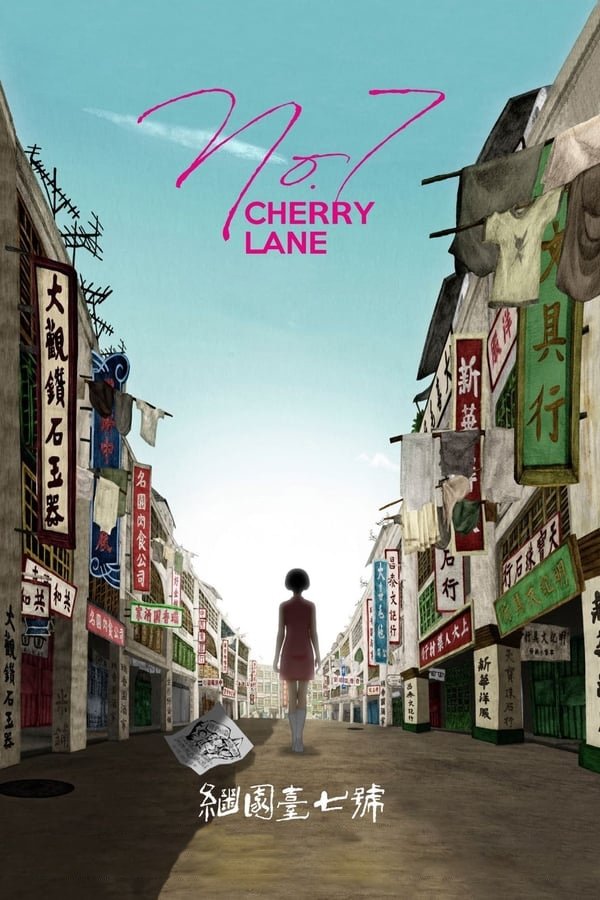
Set in Hong Kong in 1967 — a time of complex politics when it was still a British colony — No. 7 Cherry Lane revolves around a love triangle between a university student, a single mother and her teenage daughter.
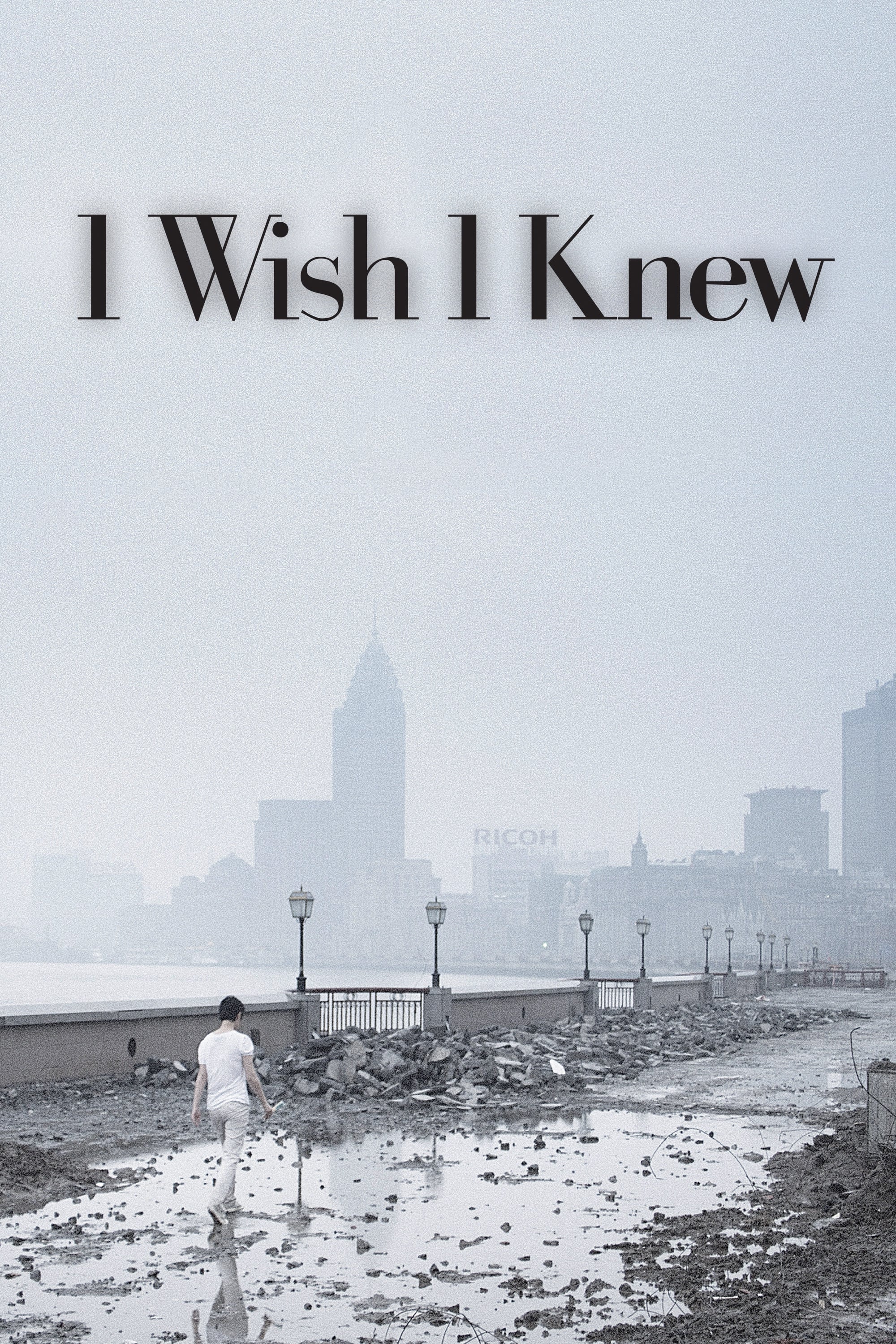
Focuses on the people, their stories and architecture spanning from the mid-1800s, when Shanghai was opened as a trading port, to the present day.

Wealthy construction mogul Sam Ching and cabaret dancer Milan Sit fall madly in love with one another despite the class differences that would keep many couples apart. However, what Sit doesn't know is that Ching is the man responsible for razing a building representing cherished memories from her childhood.
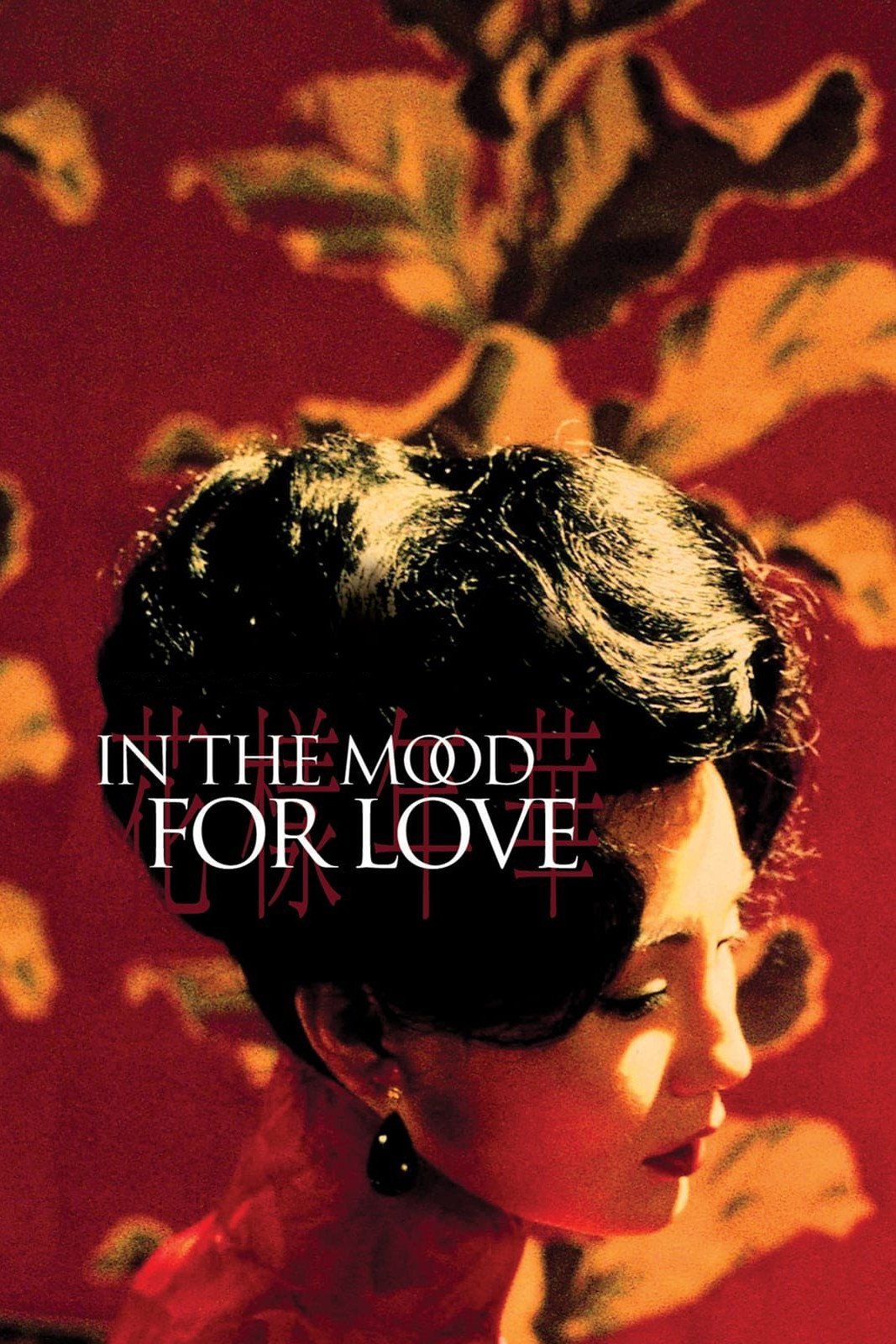
In 1962 Hong Kong, two neighbors form a strong bond after both suspect extramarital activities of their spouses.
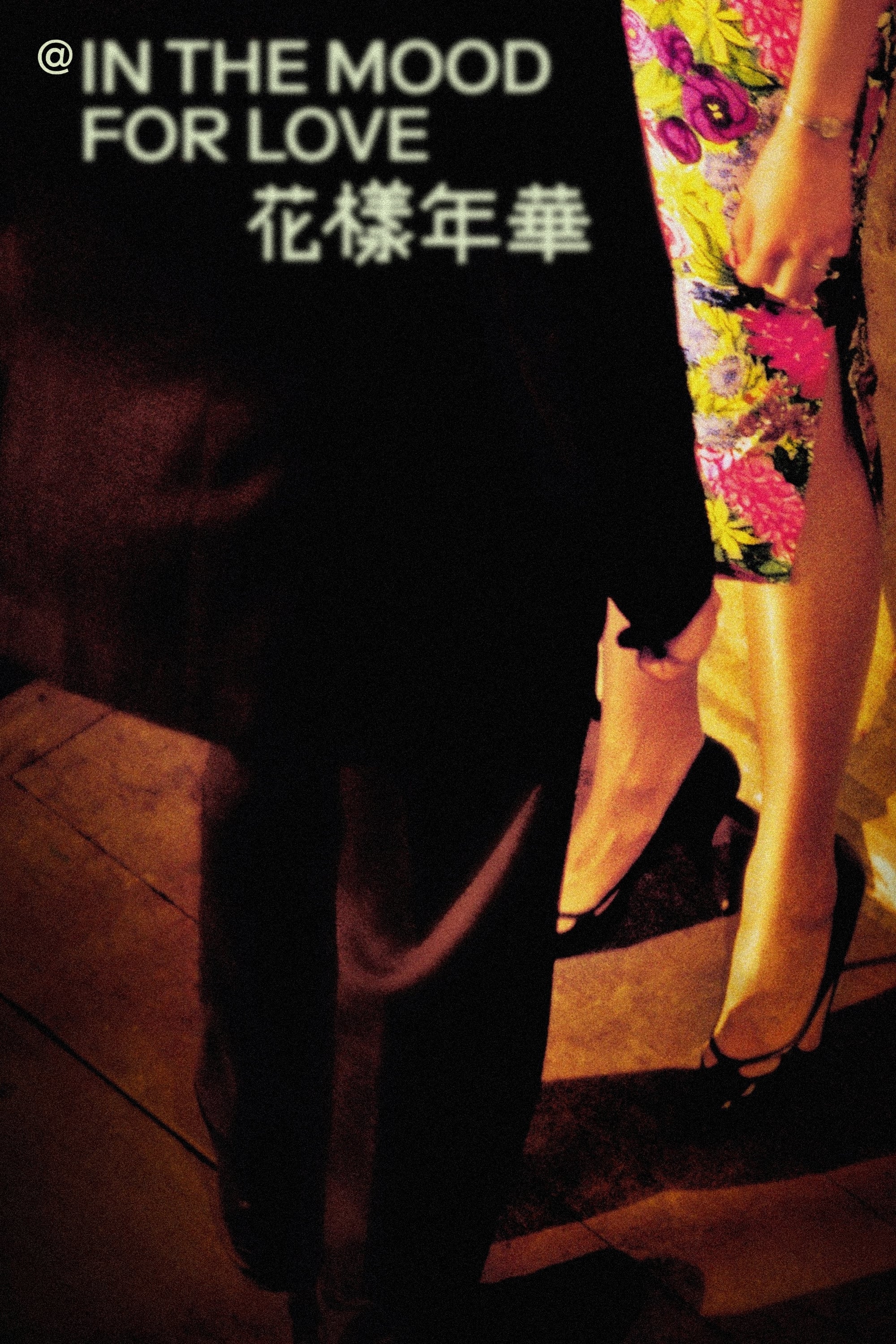
A documentary following Wong Kar-wai and his cast and crew through the production of his 2000 film In the Mood for Love.

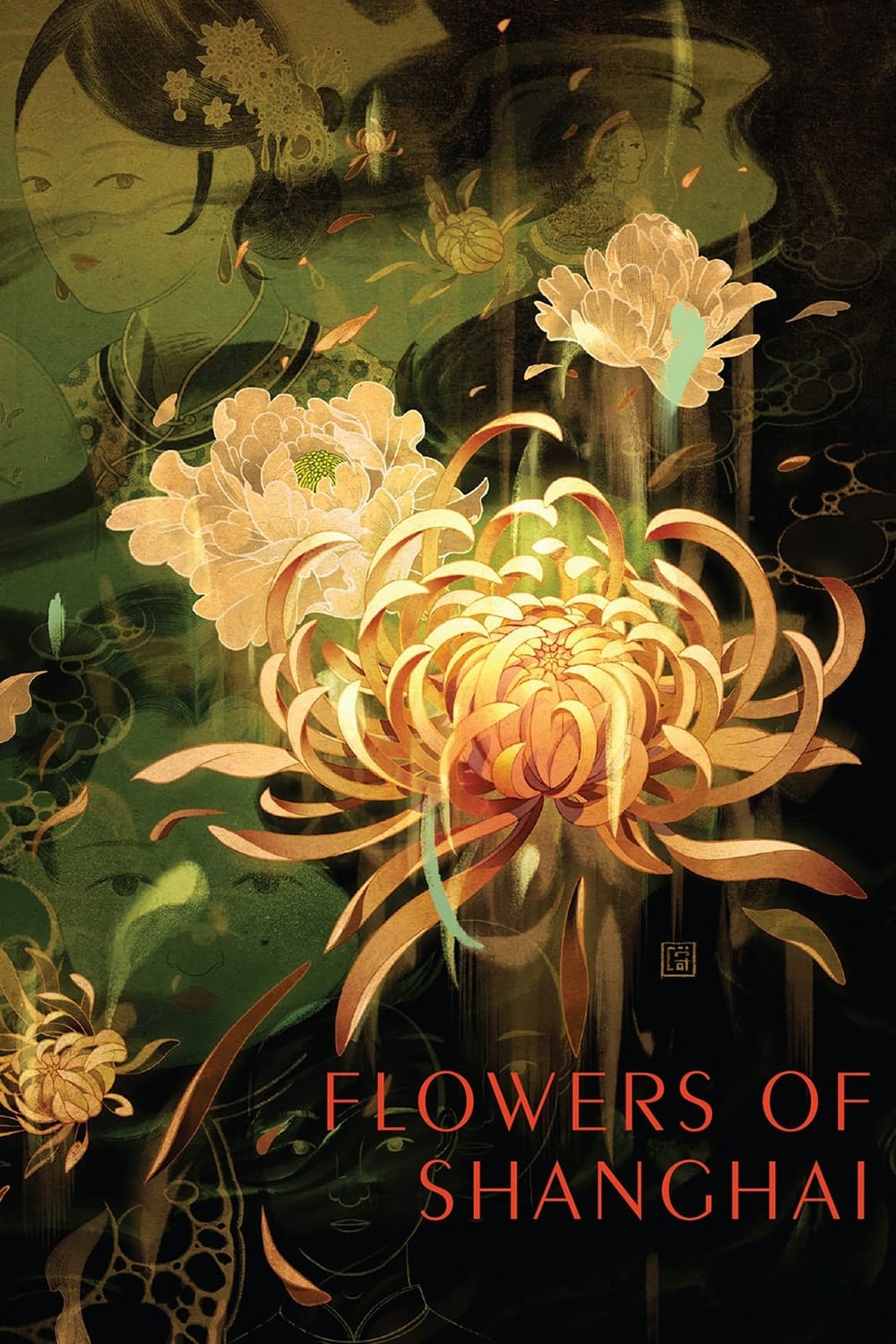
At the end of the 19th century, Shanghai is divided into several foreign concessions. In the British concession, a number of luxurious “flower houses” are reserved for the male elite of the city. Since Chinese dignitaries are not allowed to frequent brothels, these establishments are the only ones that these men can visit. They form a self-contained world, with its own rites, traditions and even its own language. The men don’t only visit the houses to frequent the courtesans but also to dine, smoke opium, play mahjong and relax. The women working there are known as the “flowers of Shanghai”.


As Cai Mei, a single 40 year old woman and a social worker starts a relationship with a teen-ager Tian-Ah, she remembers her relationship when she was young with her professor, a married man older than her.
She was born in Shanghai on 29 December 1931. She moved to Hong Kong in 1949. Her singing career began in 1957. One of her songs, which she recorded when she was 18, is played briefly in In the Mood for Love — the English version of an Indonesian folk song, "Bengawan Solo".
By browsing this website, you accept our cookies policy.